

0,99 €
inkl. MwSt. und vom Verlag festgesetzt.
Sofort per Download lieferbar
1,99 €
Sofort per Download lieferbar
1,99 €
Sofort per Download lieferbar
eBook, ePUB
16. Juni 2011
Distributed via Smashwords
1,99 €
Sofort per Download lieferbar
0,00 €
inkl. MwSt. und vom Verlag festgesetzt.
Sofort per Download lieferbar
Ähnliche Artikel
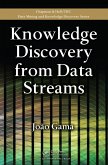

0,00 €
Sofort per Download lieferbar
eBook, ePUB
15. August 2017
Taylor & Francis eBooks
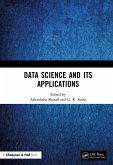
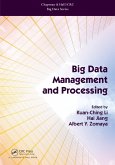
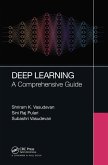
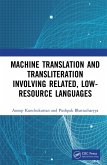
eBook, ePUB
12. August 2021
Taylor & Francis eBooks
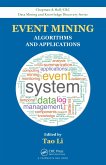

Ähnlichkeitssuche: Fact®Finder von OMIKRON
